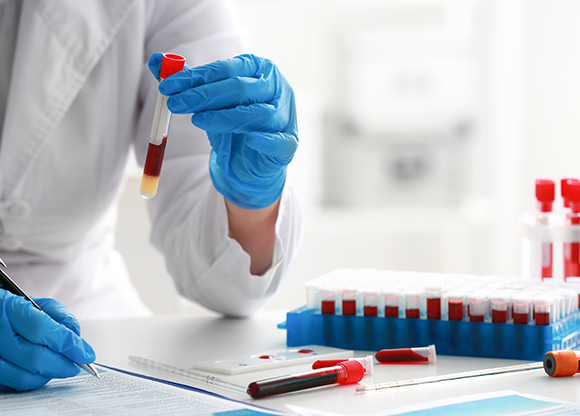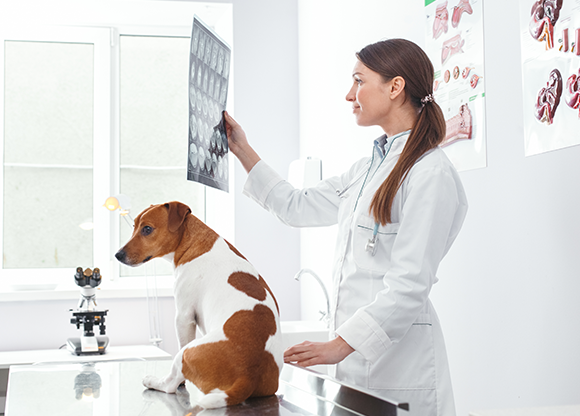
Why Blood Testing/Pathology Tests Are Necessary?
Vets recommend various types of blood tests for pets to detect different types of ailments and chronic medical conditions. They may also want such tests to be carried out to fathom the potential health risks faced by your pet.
By carrying out blood tests, precise detection of any disorder or infection in the pet is possible. The blood tests show if the pet is coping with any nutritional deficit as well. Some ailments specific to the pets can be hard to detect without blood tests as the pets show no physical symptoms. In dogs, such tests are necessary to detect Lyme disease and heartworm, while Blood tests for cats help detect the onset of serious ailments like leptospirosis and reveal signs of FIV.


How Blood Tests Help Anticipate Health Issues?
A healthy-looking pet may also cope with a disorder, but it may be hard to spot it externally. Only a blood test can detect signs of such ailments in pets. The reports indicate the deficit of key nutrients, and these can indicate the onset of certain ailments pertaining to cardiac health or bone condition in pets.
The pets cannot communicate their health problems like humans, naturally. Some pet disorders have minimal or no visible signs. While some ailments affect the fur, teeth or movements, there are disorders that affect the inner organs and immunity without showing external symptoms. Without carrying out pathology tests, you will not be able to know that the pet has developed a condition in some cases.

What to Look Out For?
Pet parents are often unsure about when they need to take their pets for blood tests. Ideally, you should perform a half-yearly screening for your pet’s health. However, there are some signs that indicate your pet’s health may be compromised, and a blood test is necessary.
- Fatigue and lack of movement.
- Unwillingness to eat/loss of appetite.
- Loss of vision and hearing ability.
- Irregular heartbeat.
- Weight loss.
- Diarrhea.
- Vomiting.
- Excess fur shedding.

The Pet Test Types
Based on the health and signs shown by the pet, a vet may recommend any of the following tests:
Faeces Tests– to detect intestinal parasites and pathogens of varying types.
Urinalysis– to detect urinary tract diseases, Kidney Disease, and Diabetes.
Blood Tests– These include Complete Blood Count tests, blood chemistry analysis, and pet-specific blood tests like heartworm and Feline Leukemia.
Blood tests also reveal infections and disorders affecting vital organs like the liver, heart and kidney of the pets.
Pet pathology tests are very important to keep your pet free of serious ailments and chronic disorders. Ensure you get your pets tested periodically, as recommended by the vet, at a suitable facility.
Please Note: All service commitments will be mutually agreed upon before the booking of any service depending on requirements and will be adhered to by both the pet parents and service providers. Terms of Use










